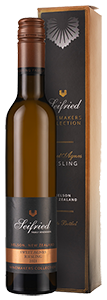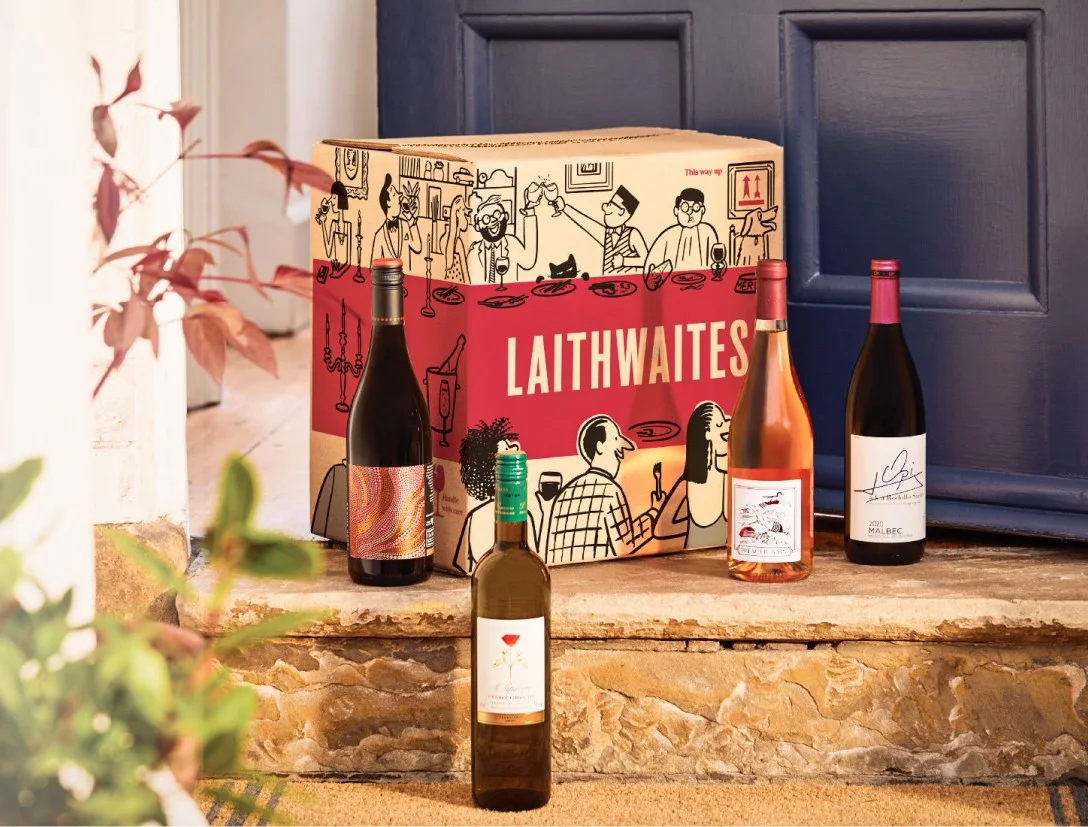Filter by
- £19.99 per bottle
- £27.00 per bottle
- £19.99 per bottle
- £45.00 per bottle
- £40.00 per bottle
- £15.00 per bottle
- £40.00 per bottle
- £17.99 per bottle
- £15.99 per bottle
- from £75.00 per bottle
- £125.00 per bottle
- £8.99 per bottleSAVE £7.00
- £30.00 per bottleSAVE £10.00
- £11.99 per bottleSAVE £4.00
- £16.99 per bottleSAVE £3.00
- from £21.00 per bottleSAVE UP TO £3.00
- £175.00 per bottle
- £147.00 first instalment
- £177.00 first instalment
- £237.00 first instalment
- Showing (1 to 20 of 20)
1
Page 1 of 1






















